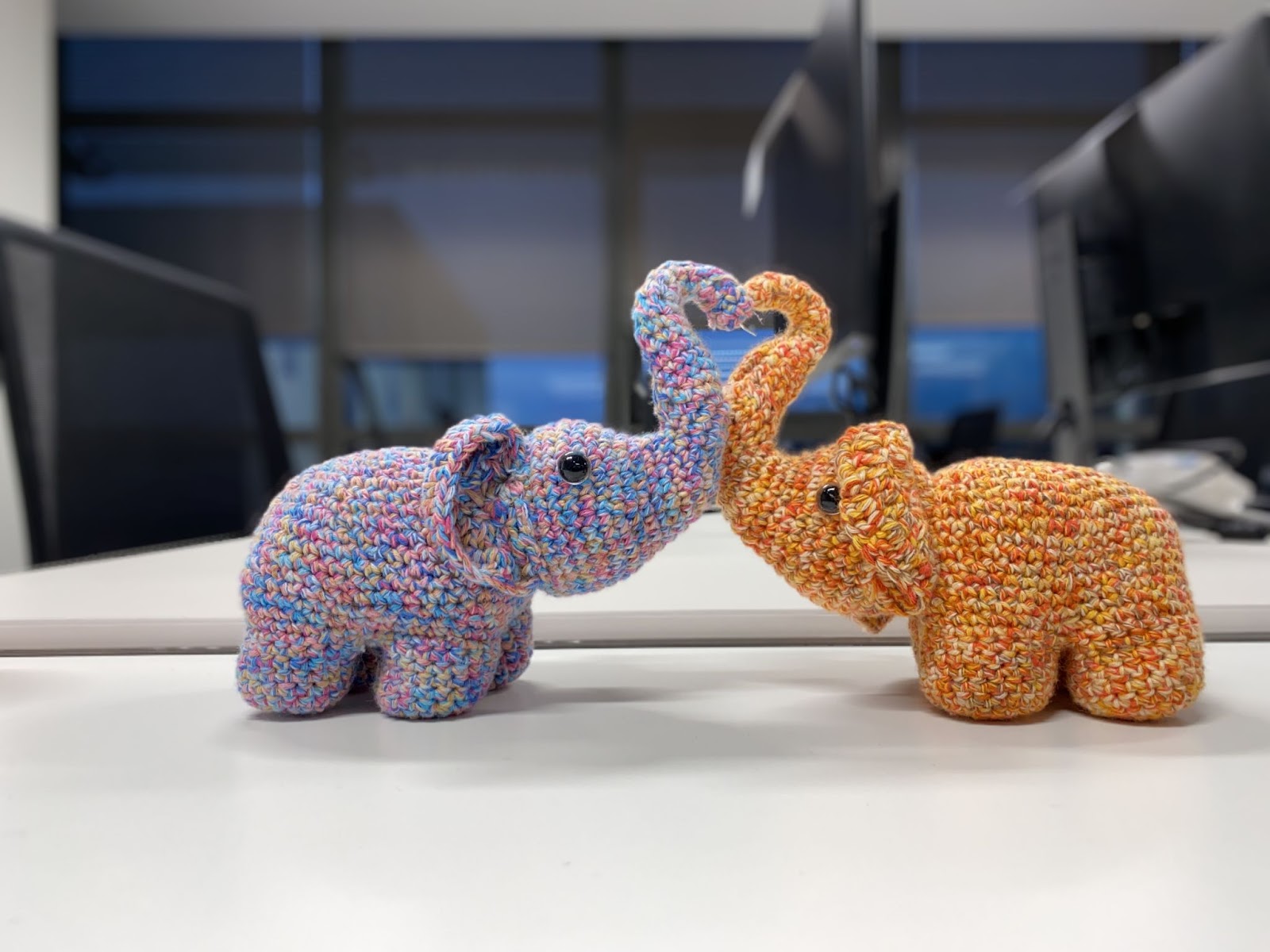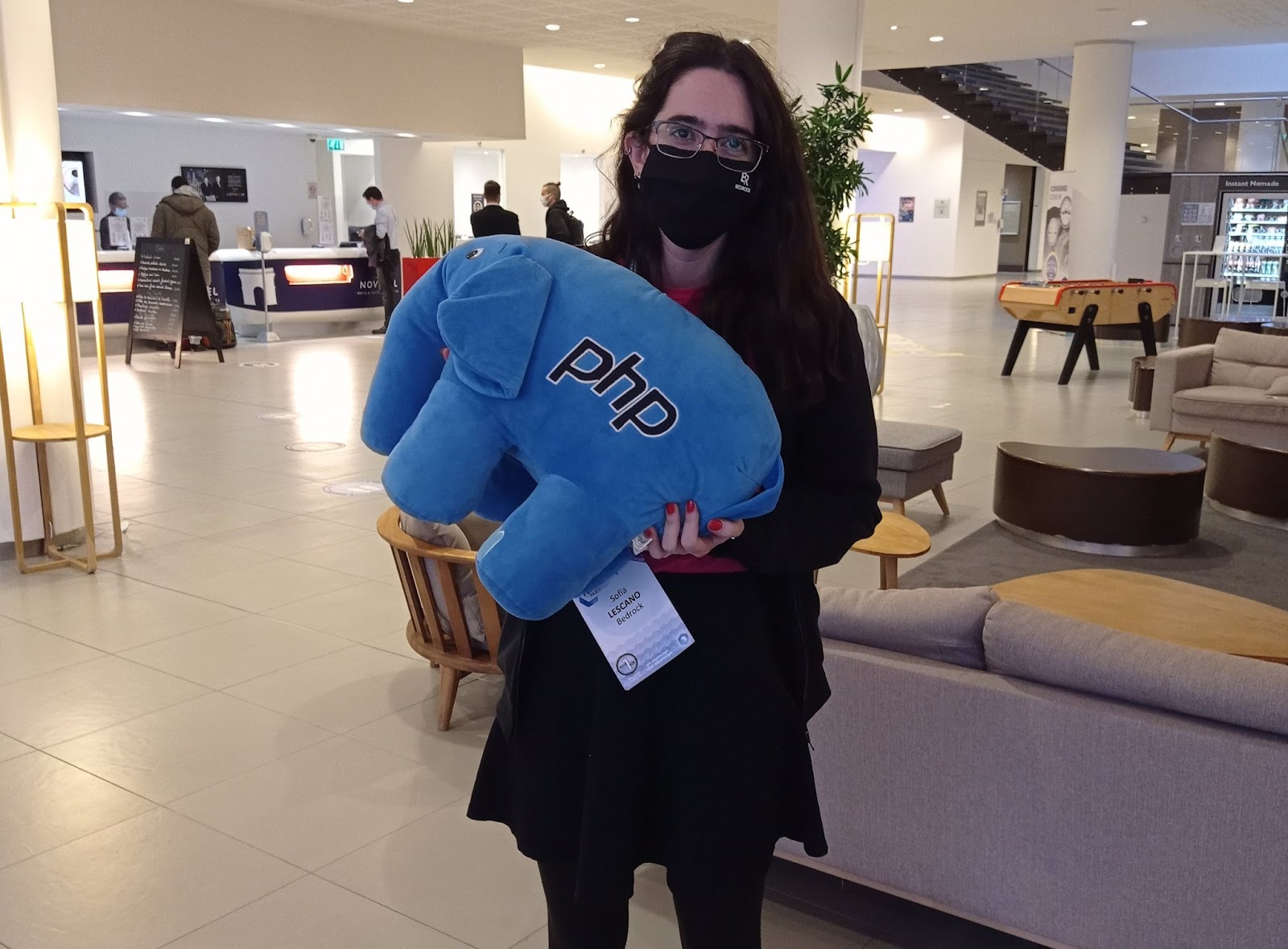In a recent discussion about the PHP ecosystem, I was told that most Open Source maintainers and contributors are paid for the OS work that they do. Nothing could be further from the truth! While a very few contributors are paid for their work, a few are able to build businesses around consultancy for their projects, and some accept the occasional donation toward their work. But the vast majority of maintainers and contributors work on these projects in their own time, and don’t receive any form of recompense for all the hours that OS takes up in their lives.
The discussion itself was all about the pace of change of PHP, and the extra work that deprecations and backward-compatible breaks (documented or otherwise) create for OS maintainers that want to keep their projects working with the latest versions of PHP. Maintainers are pressured to ensure that their projects work without issue with every new release of PHP, sometimes even before the official release date, while being pressured by other users to maintain backward-compatibility with older versions of the language. It’s a situation that can create a lot of stress, and a lot of extra work for them as they try to find a balance between the two demands, even without the general maintenance work of support and bugfixes, and the requests to add new features to a library. And there are so many Open Source tools and libraries that we use every day in our work that are maintained by unpaid, unthanked individuals.
At the end of last month (and long overdue) the PHP Foundation was announced, a non-profit organization whose mission is to ensure the long life and prosperity of the PHP language. Backed by funding from some of the biggest companies involved within the PHP ecosystem, and from individual donations and pledges, it plans to pay developers who contribute to the PHP core for their work. It’s a very positive step to ensure that the language continues to evolve and improve; but the core of the PHP language is just one of the many Open Source project that we rely on in our daily work. But the PHP language itself isn’t the only Open Source project that we use every day in our work.
We use tools like XDebug for debugging. Our CI pipelines might include PHPUnit or Pest for testing, PHPStan or Psalm for static analysis, PHP CodeSniffer for ensuring that our work conforms with coding standards. We build our applications on frameworks like Symfony or Laravel or CakePHP. If we’re doing an upgrade, then we could use Rector. We use libraries such as Doctrine or Monolog. And many of these tools and libraries are dependent on others that we might not even realise we’re using. Just take a look in your composer.lock file to see all the libraries and tools that we’re dependent on for our work.
But even behind all those, there are also the tools that make up our development ecosystem. We run composer (and connect to packagist) for managing our dependencies. If we have a CI pipeline, we’re probably using Shivam Mathur’s setups to prepare PHP for that pipeline; while others like Remi Collet maintain RPM libraries for PHP. If we want to test small snippets of PHP code against different versions of PHP (or even a new RFC branch), then we might use a site like 3v4l.org.
And don’t forget the PHP documentation. Even outside of the software tools that we use, there are also blogs posts and tutorials that we read, podcasts that we listen to, or streaming events that help us learn how to work with those tools, or to improve the way that we work.
All of these make up the PHP ecosystem that allows us to make our living as developers. So this December, when we’re celebrating the holiday season and the turning of the year, it can be good to remember all those individuals that look after the tools and libraries that we use in our working lives, and perhaps to give them some show of appreciation for all their efforts. Just spend some time thinking about all the work that Open Source contributors do each year to ensure that this ecosystem runs smoothly, and perhaps (if you’re feeling generous) make a small donation toward some of these projects; or hunt down a contributors wishlist, and send them a little “thank you” for their efforts.
 collection](/wp-content/uploads/2021/12/signal-2021-10-04-21-41-46-822.jpg)



